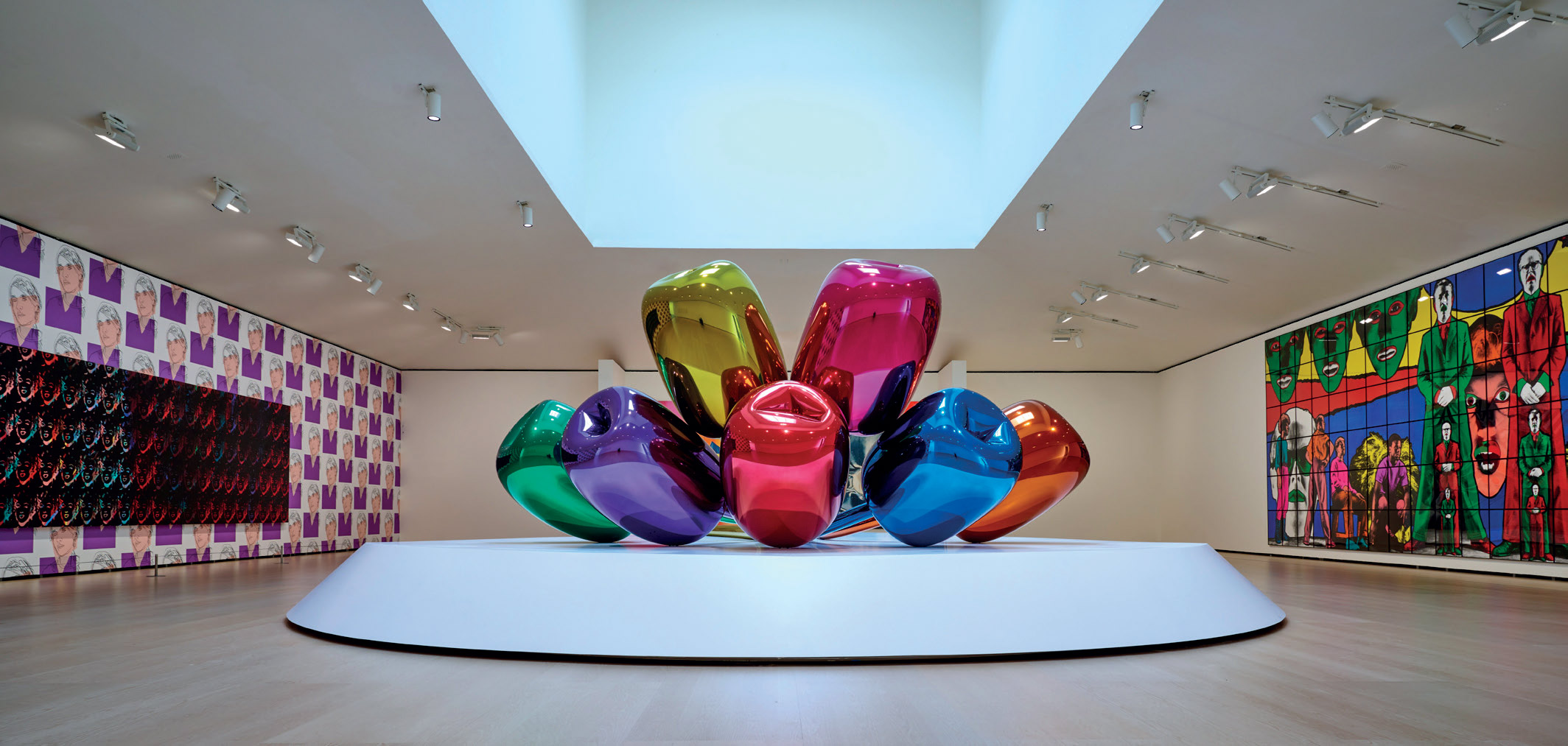Frames of Reference: Reflections on the Media
09.23.2000 - 10.04.2000
Frames of Reference features recent work by film- and videomakers who examine the roles that television, photography, film, video, and image technologies play in constructing private and public identities. Many of the artists included in this exhibition critique the pervasive influence of the mass media in order to examine how the camera shapes perceptions of reality, while others turn to more personal forms, such as home movies and diaristic videos.
The thematically grouped programs in Frames of Reference combine films and videos from both the U.S. and Latin America, attesting to the power of these works to transcend national borders. Some works offer pointed examinations of how the media contributes to or destabilizes our sense of national, regional, and local identity. Others consider identity and representation by bringing to the forefront issues such as the degree to which social and ethnic groups are present in mass-media depictions, in what circles these images are disseminated, and how these portrayals are being shaped: in essence, these works ask whose stories are being told, by whom, and to whom. The series also examines the ways in which the industry-determined standards of broadcast television and commercial cinema shape our expectations for and understanding of stories and events. Some makers explore and critique the public's fascination with celebrities and the media's role in shaping popular icons, while others engage in collaborative projects with society marginalized individuals or groups ignored by mainstream media, allowing us to share in more complex and diverse stories and types of storytelling.
The shaping of history and memory is a key issue for many of the artists in the series who explore how photographic images and cinematic portrayals can codify images within particular historical frameworks. Archival and newsreel footage are reworked to examine assumptions of documentary "truth" in nonfiction filmmaking. The role of the documentarian is also scrutinized, including the imagemaker's relation and responsibilities to a community and its representation on film. Personal documentaries not only depict the filmmakers' own concerns, but also show how the wide availability of cameras and small gauge film- and videorecorders has led to the creation of unofficial family archives, raising the question of what is and isn't captured by the camera.
In both narrative and documentary works, traditional genres are consciously mimicked and morphed, giving way to new hybrids that reflect contemporary issues in nondidactic, yet thought-provoking and ultimately serious, encounters. Humor is used to destabilize our assumptions about documentary truth, to engage complex, controversial social concerns that the mass media often shies away from, and to create sardonic reminders of allowing media technology to grow unchecked. The makers in this series also remind us of the pure joy and magic of the moving image-of witnessing a mechanical reproduction "come to life." Their efforts rekindle the wonder with which moving images were first seen and recorded at the turn of the last century and carry us no less magically into this one.
Frames of Reference presents projects by Film/Video/Multimedia Fellowship recipients from the United States, Brazil, and Mexico. The Rockefeller Foundations Film/Video/Multimedia Fellowships have supported media artists in the United States since 1988 and in Latin America since 1992. The John D. and Catherine T. MacArthur Foundation co-funds the Latin American Fellowships with the Rockefeller Foundation. The Fellowship program has afforded more than 200 artists the opportunity to explore and share their unique visions.
Curated by Maria-Christina Villaseñor, Assistant Curator of Film and Media Arts, and co-organized with John G. Hanhardt, Senior Curator of Film and Media Arts, Solomon R. Guggenheim Museum.
Leandro Katz
(El día que me quieras), 1998
Photo: Freddy Alborta
